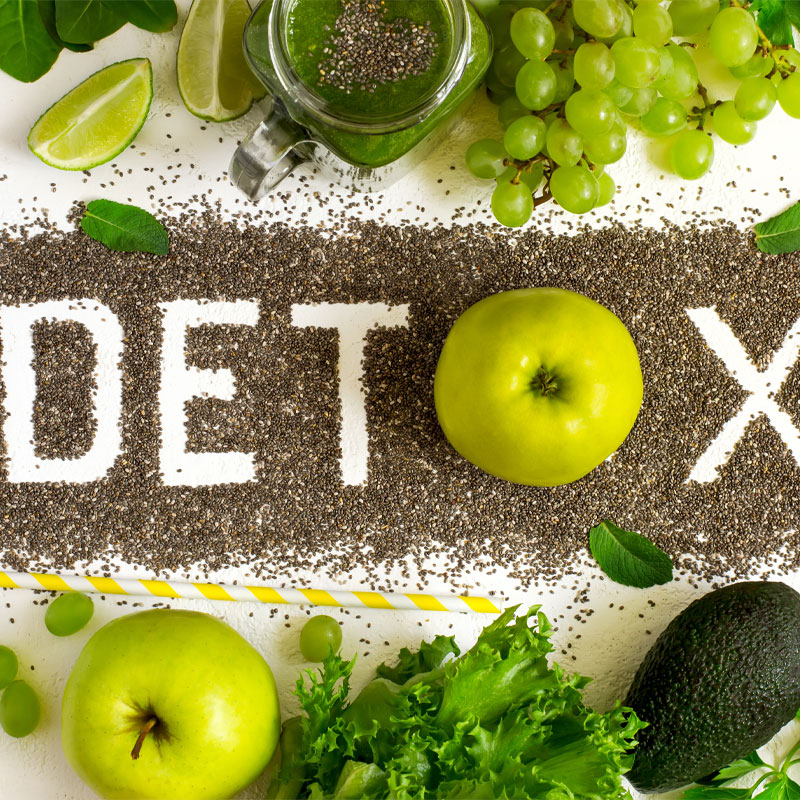index
In order to maintain good health, you must eat a well-rounded diet that is filled with nutritious foods. Unfortunately, many people are sensitive to healthy foods like dairy products. When food sensitivity occurs, the body mistakes the food for a foreign invader, causing inflammation. Because dairy products are such an integral part of our day-to-day lives, many people wonder does dairy cause inflammation.
What Is Inflammation?
Inflammation is an immune response. When you experience an injury like a cut, scrape, or bruise, your immune system activates and triggers inflammation to protect it from further damage. Additionally, inflammation may occur when you are exposed to a pathogen like a virus or bacteria as well as if you have a food sensitivity or a food allergy.
Inflammation is designed to protect and help repair damaged tissues and also prevent pathogens from entering cells, tissues, and organs. When you are injured or sick, inflammation can be very beneficial; however, chronic, long-term inflammation can lead to a number of health issues. One of the current trends to reduce inflammation is cutting dairy out of your diet. But does dairy cause inflammation? Dairy and inflammation can go hand in hand if you have a food sensitivity or allergy to dairy products.
Symptoms of Dairy Allergy
A small percentage of the American population has a dairy allergy. When most people think of dairy products, they think of milk, cheese, yogurt, ice cream, and other products made from cow’s milk; however, dairy products from other animals like sheep, buffalo, and goats can also cause an allergic reaction.

The symptoms of dairy allergy can range from mild to severe. Symptoms may occur immediately, or they may take time to develop. Some common dairy allergy symptoms include-
- Coughing
- Digestive issues like diarrhea or abdominal pain
- Hives
- Itching or tingling around your lips or mouth
- Mouth, throat, or lip swelling
- Runny nose
- Shortness of breath
- Watery eyes
Symptoms of Dairy Intolerance
Dairy intolerance is different from a dairy allergy. Dairy allergies involve the immune system, while an intolerance does not involve your immune system. Those who have a dairy intolerance actually have an intolerance of the milk protein or lactose found in dairy products. Common symptoms associated with dairy intolerance are linked to digestive issues like-
- Bloating
- Gas
- Diarrhea
These symptoms occur several hours after consuming dairy products.

Dairy and Inflammation
Dairy products contain a number of essential nutrients, including-
- B Vitamins – B vitamins are used to support nerve function and energy production.
- Calcium – Calcium is a mineral used by the body for proper muscle function, bone health, and nerve function.
- Conjugated Linoleic Acid (CLA) – Dairy products contain CLA, a fatty acid that has been associated with fat loss, glucose regulation, and improved immunity.
- Probiotics – Probiotics are beneficial bacteria that are used to improve immune health and gut function.
- Protein – Dairy products have a protein that is easy to digest and absorb. Protein is used by the body to increase bone strength and muscle development.
- Vitamin D – Cow’s milk and other dairy products are fortified with vitamin D, which helps control inflammation, bone health, and immunity.
It is important to consider your overall health when evaluating whether dairy causes inflammation. If you have been diagnosed with a dairy allergy, are lactose intolerant, or have another gastrointestinal problem, dairy can cause systemic issues.
If you eat a dairy product, and experience increased mucus production, changes in your bowel movements, bloating, diarrhea, and other types of digestive woes, it can be a red flag that you have a dairy sensitivity.
If you have a dairy sensitivity, you can experience the following dairy inflammation symptoms:
- Inflammatory Skin Conditions – If you consume dairy and have a sensitivity, you may experience an increase in inflammatory skin conditions, including acne, eczema, and psoriasis.
- Fatigue – After eating dairy products, you can experience an energy crash and experience increased fatigue levels.
- Cognitive Issues – Dairy sensitivities can also cause brain fog, learning problems, and memory issues.
How to Stop Inflammation
Systemic inflammation can impact every area of your body. Chronic inflammation increases the risk of chronic diseases like type 2 diabetes, cardiovascular disease, obesity, cancer, asthma, ulcerative colitis, and several autoimmune diseases. Knowing how to stop inflammation can improve your overall health.

Consume Anti-inflammatory Foods – Anti-inflammatory foods include fresh fruits and vegetables, foods rich in fatty acids, nuts (if you do not have any sensitivities), and filtered water. You also want to avoid pro-inflammatory foods like processed and fried foods, refined carbs, and sugars.
Cardio Exercises – It is beneficial to get at least 150 minutes of cardio exercises each week and 60 minutes of weight-bearing exercise each week to help fight inflammation. As you exercise, toxins are released from your muscles and your tissues. These are excreted from your body through sweat.
Stress Relief – Chronic stress can lead to an increased risk of systemic inflammation. Some common stress relief techniques to incorporate into your life include meditation, biofeedback, yoga, guided imagery, journaling, and prayer.
Improve Gut Health – A healthy microbiome is essential for decreased inflammation in the body. Taking a probiotic supplement to increase the number of beneficial bacteria in the body improves gut health, decreases toxins in the body, and improves immune function which in turn lowers inflammation levels.
Evaluate If Dairy Causes Inflammation
Dairy is filled with vitamins and minerals that can promote health. Researchers list dairy products as anti-inflammatory foods; however, there are cases where dairy can cause several unpleasant symptoms. You may consider removing dairy from your diet if you experience symptoms of inflammation. Also, knowing whether you are sensitive to dairy can help you determine if you should avoid dairy products.
You can try an elimination diet where you remove all dairy from your diet for 30 days. You begin adding dairy into your diet and document any negative reactions like increased mucus production, skin issues, or digestive problems. Another option is to try a food sensitivity test. If you have a dairy intolerance, your health coach along with your holistic doctor will work together to create a dietary plan that will address your food sensitivities while ensuring you get the nutrition your body needs.





















